Neurological disorders remain significant contributors to disability-adjusted life years. Conditions such as stroke, migraine, Alzheimer's disease, meningitis, and epilepsy globally impact the health of billions. The World Health reported in 2021 that more than 3 billion people worldwide were living with some type of neurological condition (WHO, 2024).
Encouragingly, a substantial proportion of neurological cases can be prevented. Notably, 90% of strokes, 40% of dementia cases, and 30% of epilepsies are preventable with effective preventive measures available for conditions like migraine, headache disorders, and neurological infections. To bring awareness to these proactive measures, World Brain Day was created.
World Brain Day is dedicated to brain health and prevention measures. This is a global campaign, reaching an unprecedented scale and elevating awareness about disabilities across 123 countries. The active participation of the World Health Organization (WHO) lends momentum to this year's campaign, shedding light on the Intersectoral Global Action Plan (IGAP) with a focus on epilepsy and other neurological disorders. Brain health is crucial for overall well-being and cognitive function throughout life. Here are some important strategies and tips for preventing cognitive decline and maintaining brain health:
1. Healthy Diet:
- Eat a Balanced Diet: Consume a variety of foods, including fruits, vegetables, lean proteins, whole grains, and healthy fats.
- Omega-3 Fatty Acids: Found in fish, flaxseeds, and walnuts, these are beneficial for brain health.
- Antioxidants: Foods rich in antioxidants, such as berries, nuts, and leafy greens, help protect the brain from damage.
- Products:
2. Physical Activity:
- Regular Exercise: Engage in at least 150 minutes of moderate aerobic activity or 75 minutes of vigorous activity each week.
- Strength Training: Incorporate strength exercises at least two days a week to improve overall body function.
- Products:
3. Mental Stimulation:
- Keep Learning: Engage in activities that challenge your brain, such as reading, puzzles, or learning a new skill or language.
- Stay Socially Active: Social interactions stimulate cognitive functions and improve mental health.
- Products:
4. Quality Sleep:
- Establish a Routine: Go to bed and wake up at the same time every day, even on weekends.
- Create a Sleep-Friendly Environment: Ensure your bedroom is dark, quiet, and cool. Avoid screens before bedtime.
- Products:
5. Stress Management:
- Mindfulness and Meditation: Practice mindfulness, meditation, or deep breathing exercises to reduce stress.
- Healthy Coping Mechanisms: Engage in hobbies, talk to friends, or seek professional help when needed.
- Products:
6. Avoid Harmful Substances:
- Limit Alcohol Consumption: Drink in moderation, if at all. Excessive alcohol can damage brain cells.
- Avoid Smoking: Smoking is harmful to brain health and overall well-being.
7. Regular Check-ups:
- Monitor Health Conditions: Manage chronic conditions such as hypertension, diabetes, and high cholesterol.
- Stay Up-to-Date on Vaccinations: Prevent infections that can affect brain health.
- Products:
8. Brain Injury Prevention:
- Wear Protective Gear: Use helmets for biking, sports, and other activities that risk head injuries.
- Fall Prevention: Ensure your living space is safe to prevent falls, especially for older adults. Minimize clutter, keep open pathways and have adequate lighting. Most falls happen in the bathroom, take necessary steps to make your bathroom is safe.
- Products:
9. Hydration:
- Drink Plenty of Water: Dehydration can affect brain function and cognitive performance.
- Products:
10. Manage Chronic Conditions:
- Follow Medical Advice: Take medications as prescribed and follow medical advice for managing conditions like heart disease, diabetes, and depression.
- Product:
By incorporating these strategies into daily life, individuals can significantly improve their brain health and reduce the risk of cognitive decline. Promoting awareness about these practices is vital for community health and well-being.
World Brain Day 2024 serves as a rally point for global efforts to prioritize and safeguard brain health. By spreading awareness, fostering collaboration, and advocating for prevention measures, we can collectively pave the way for a healthier future for all. Pisces Healthcare Solutions is the largest distributor in Veterans Affairs, and we are here to provide solutions to all your daily life roles through our large catalog offering.

 (1).png)
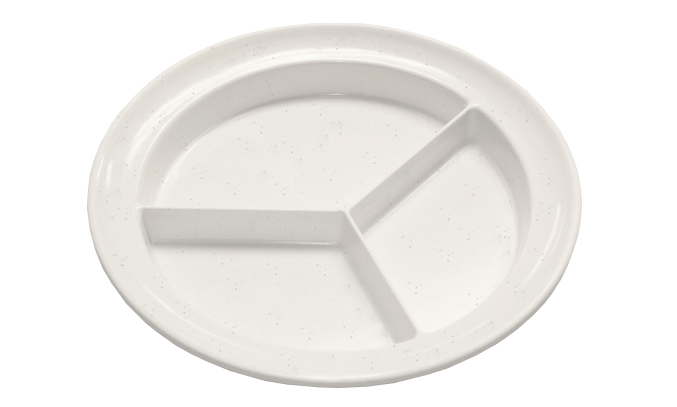
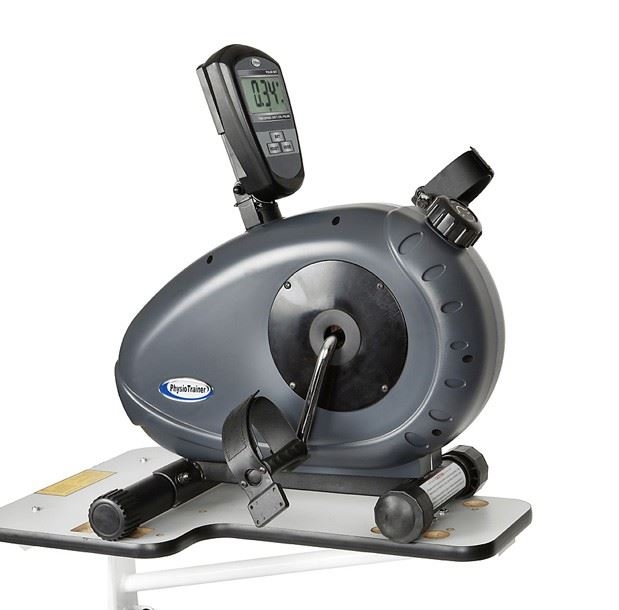
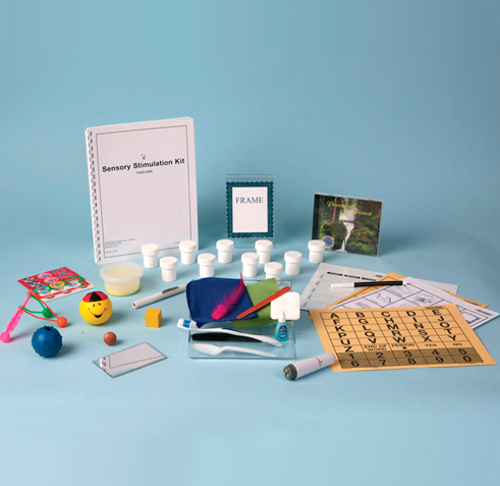
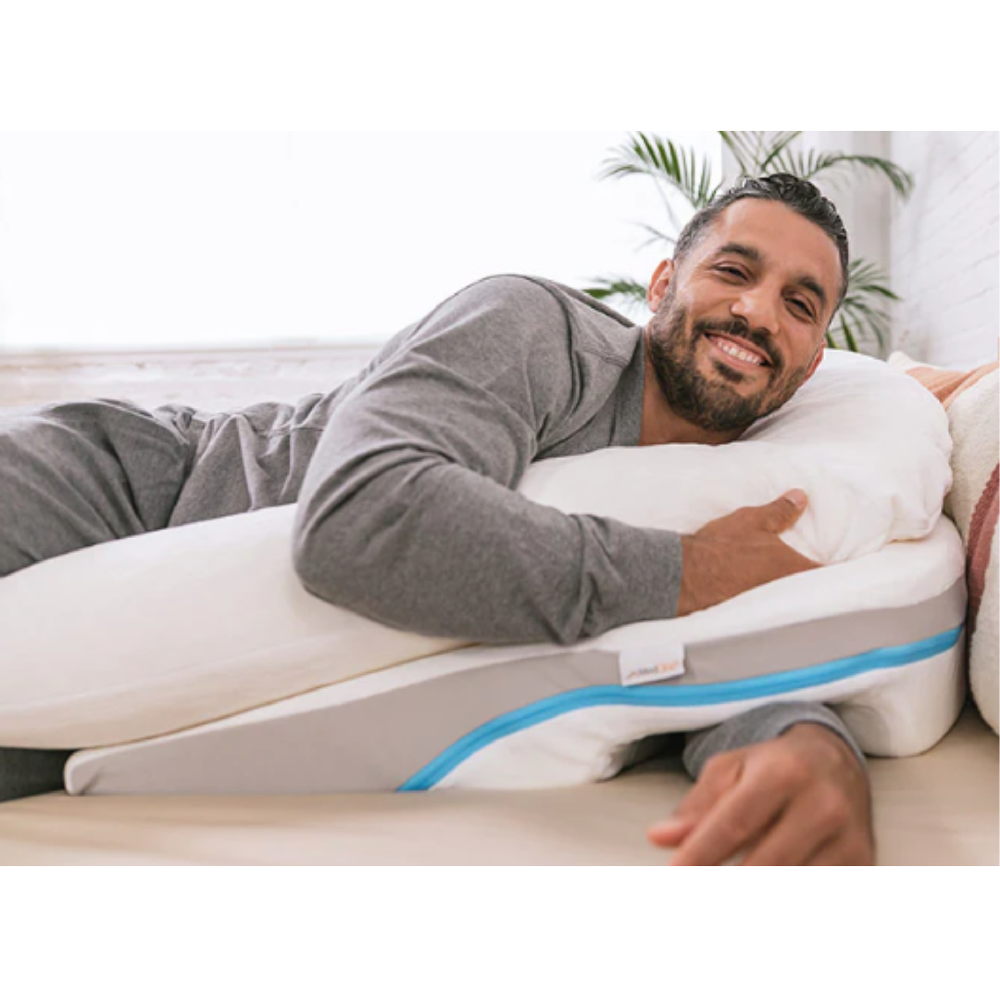
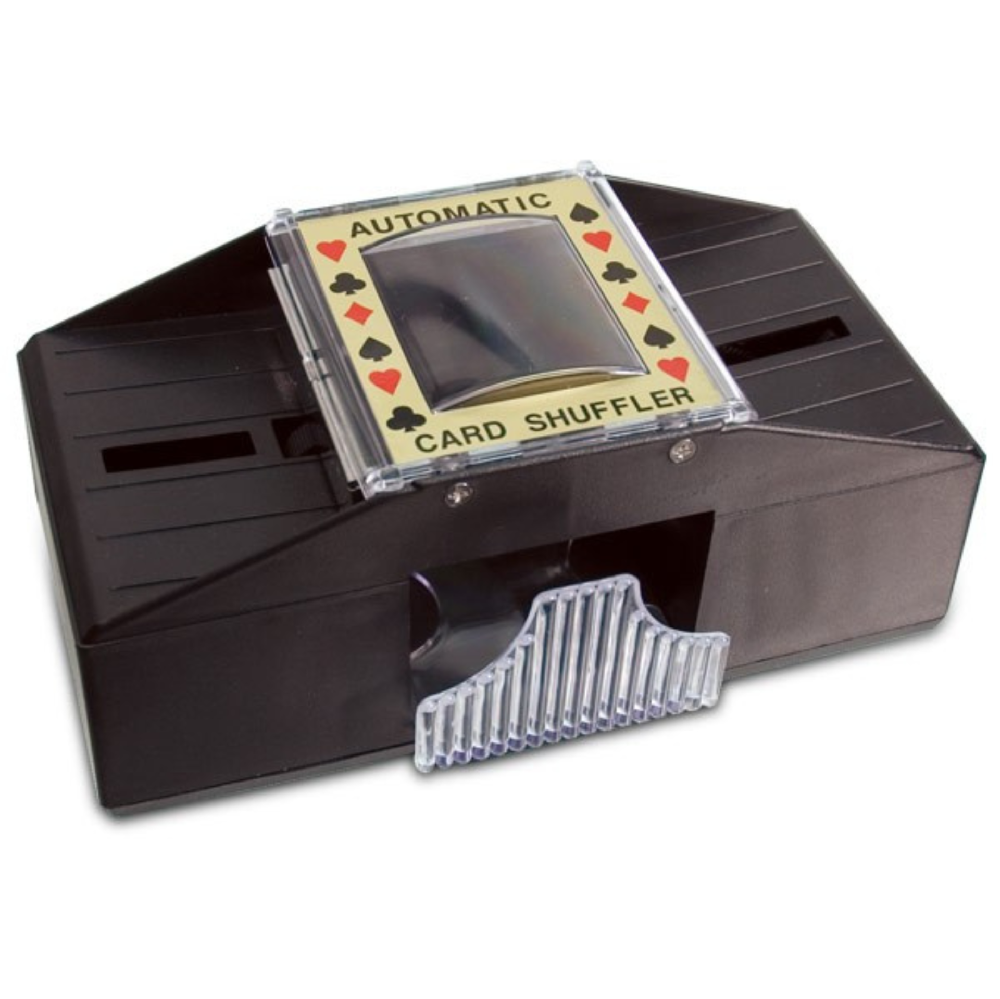
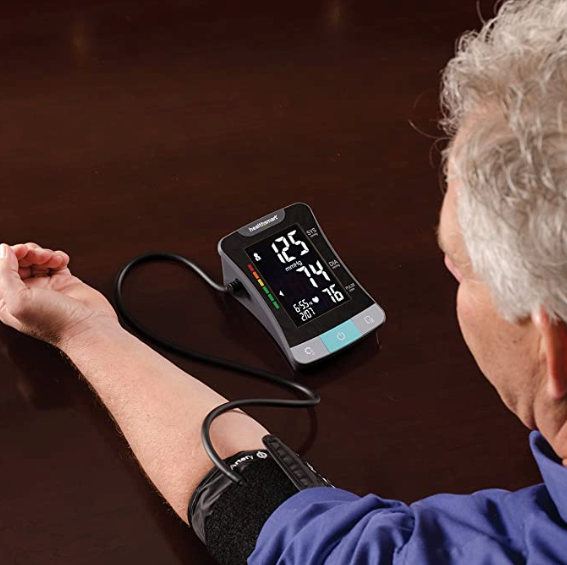
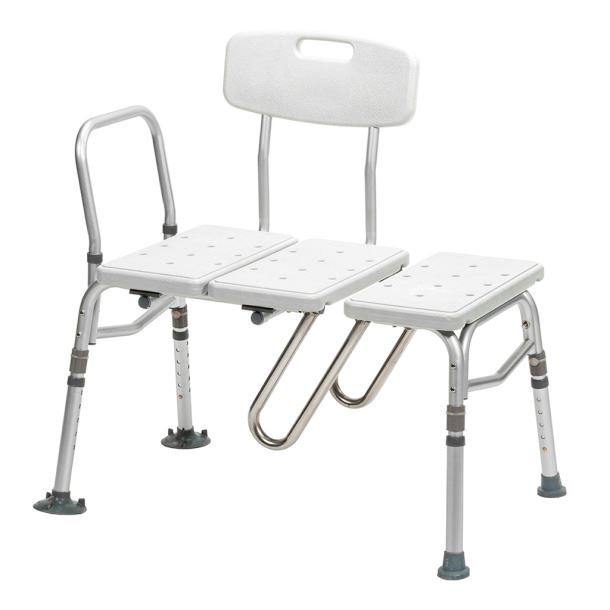
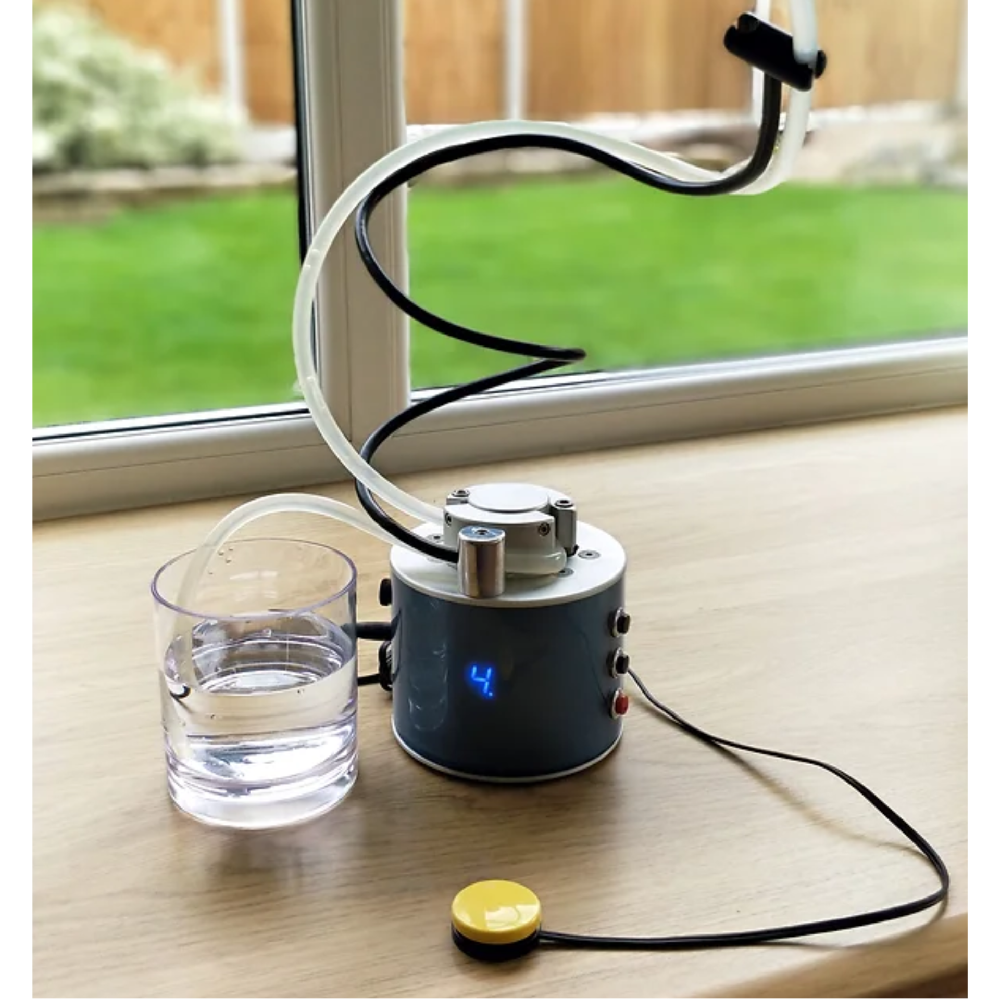
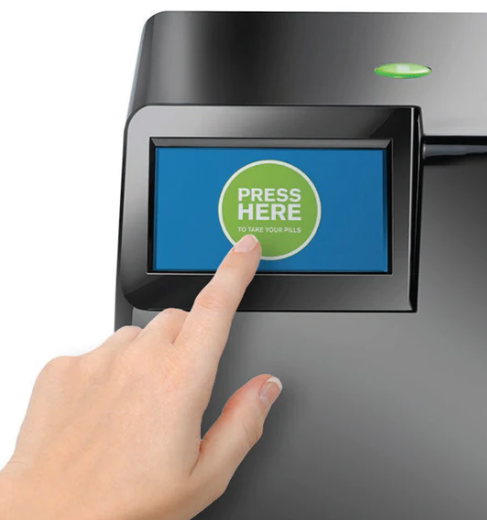
 (1)_810.png)
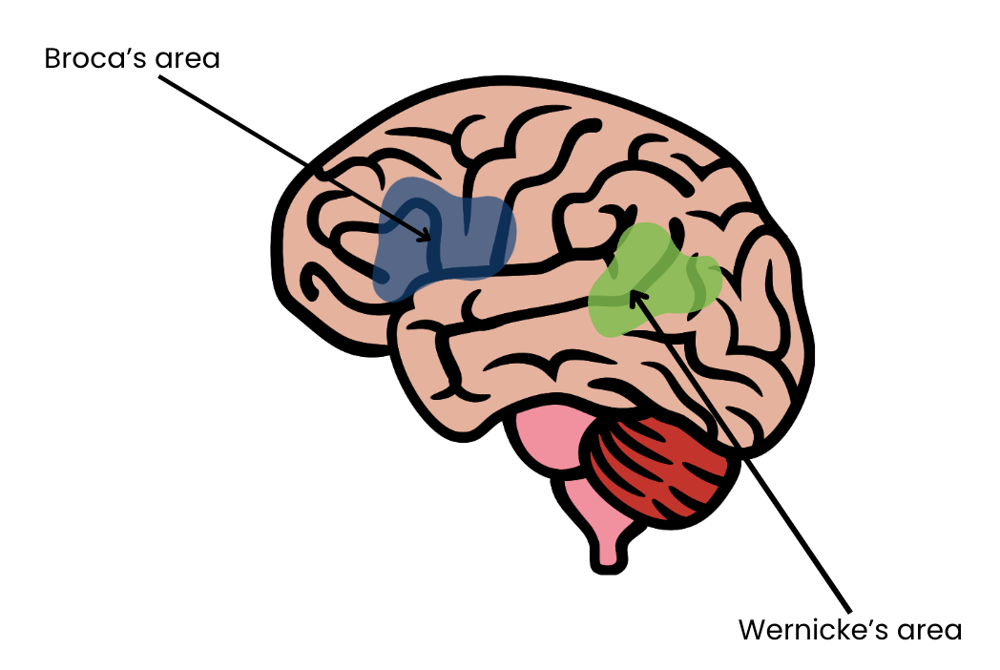
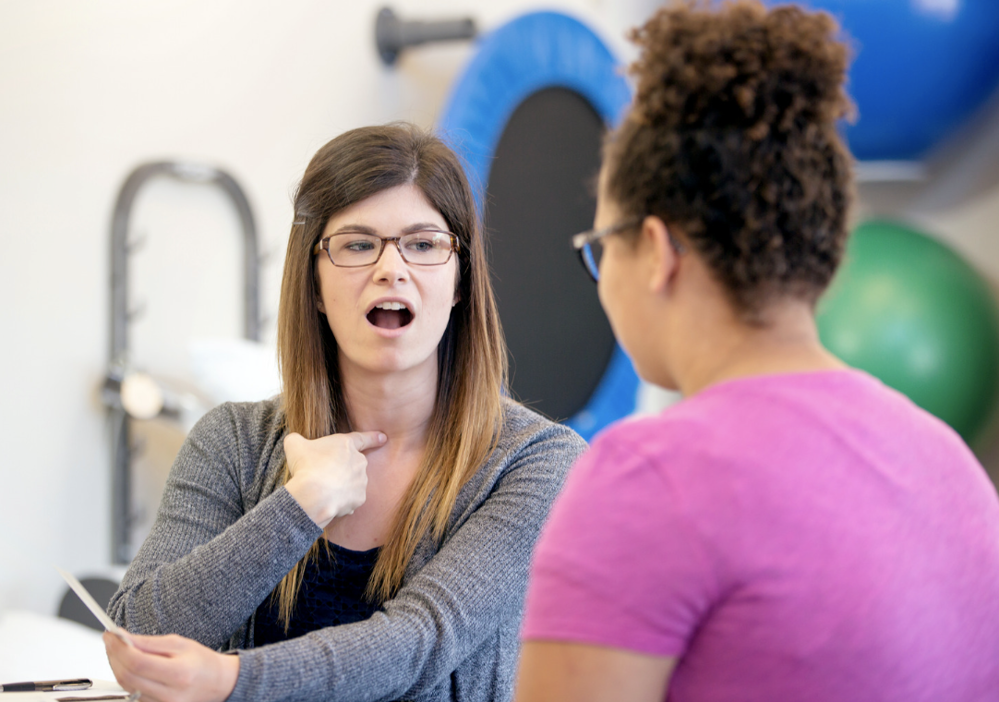
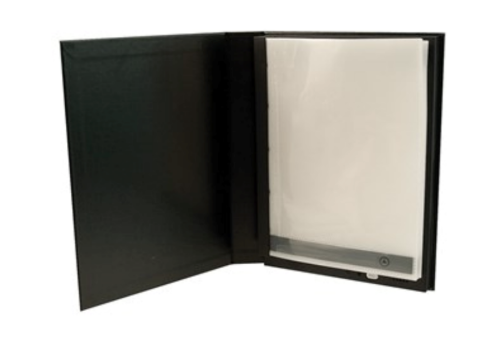
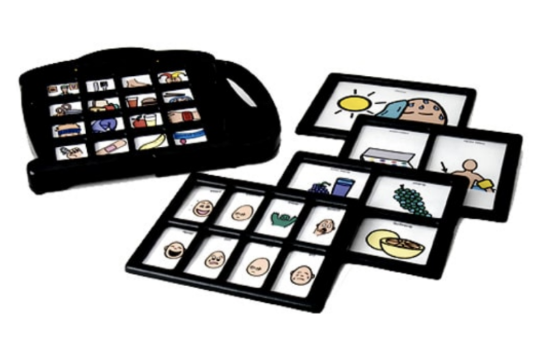
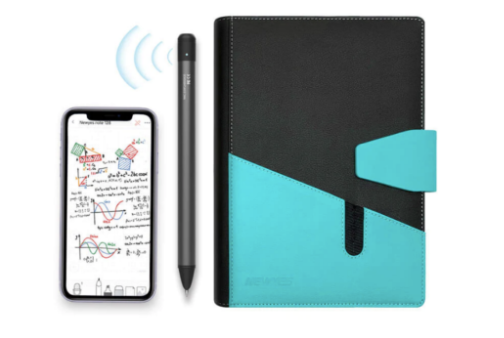

_810.png)
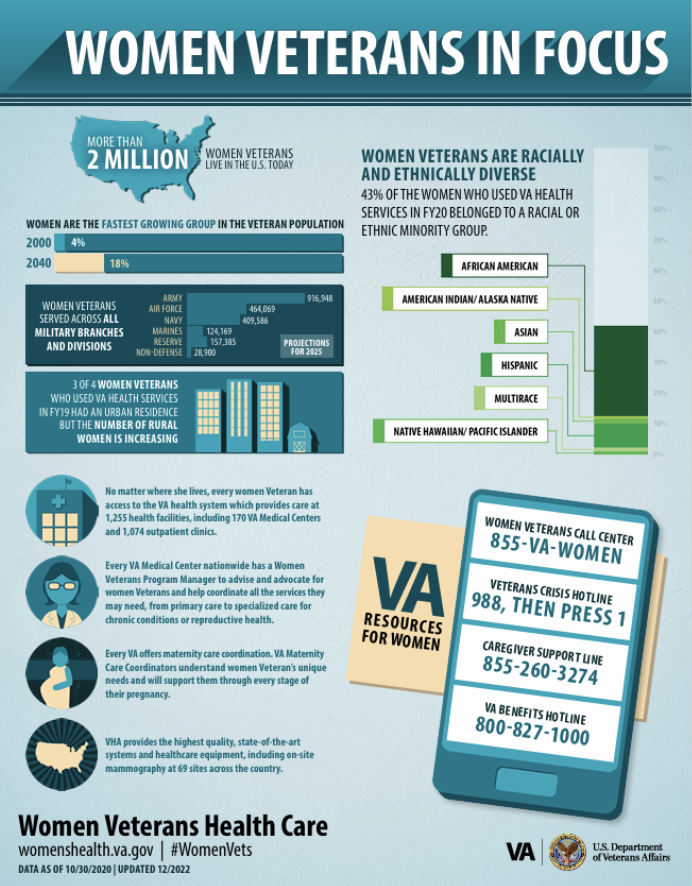
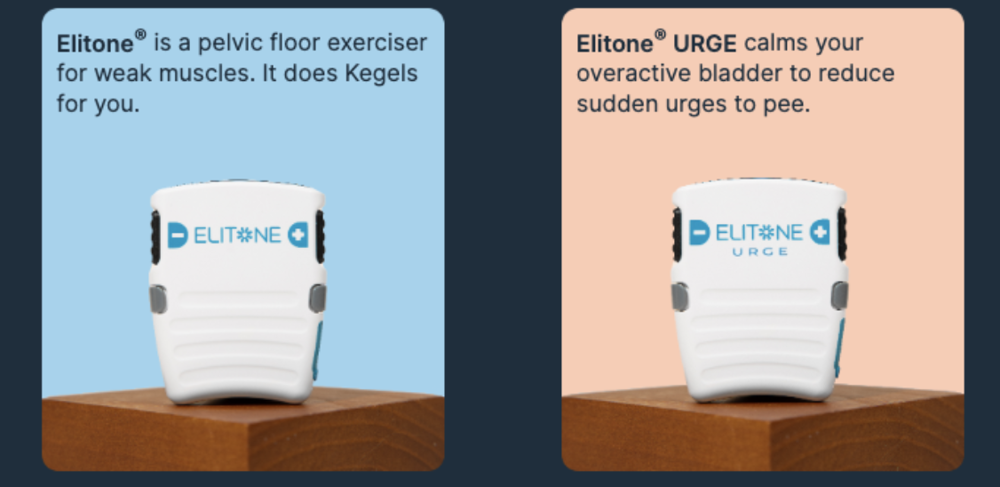
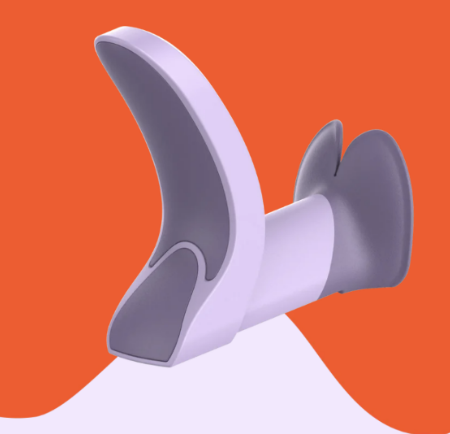
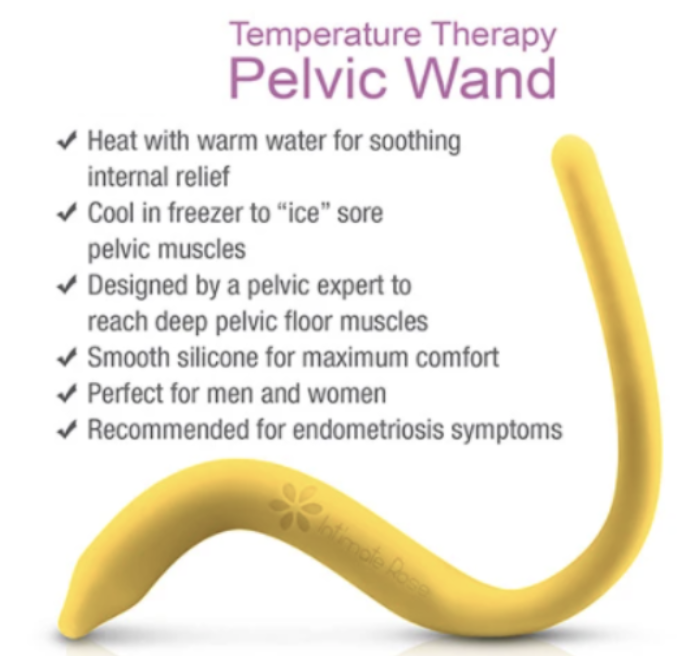

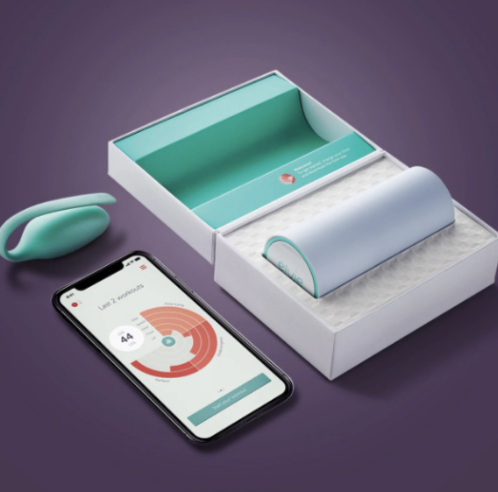
_810.png)
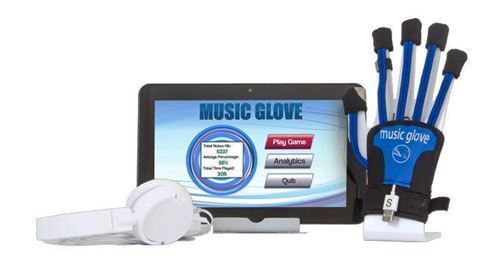
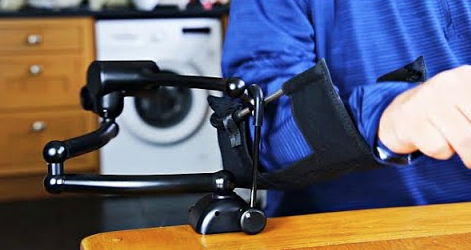
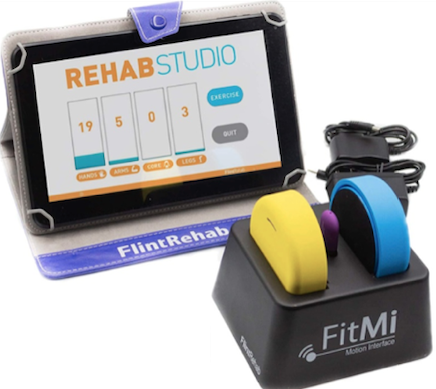
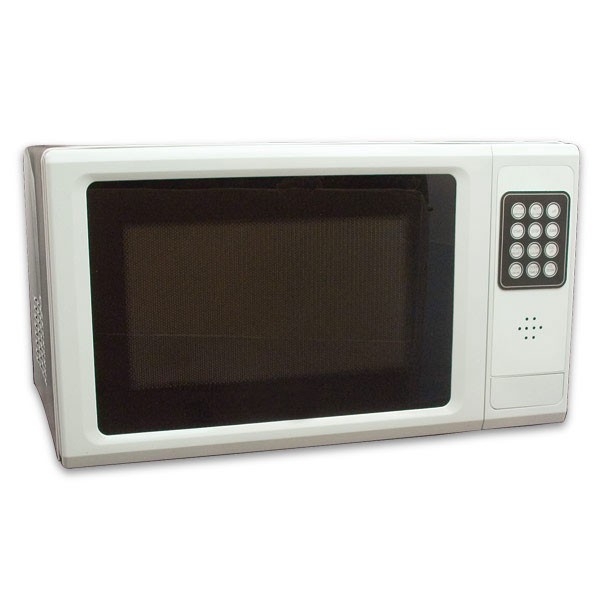
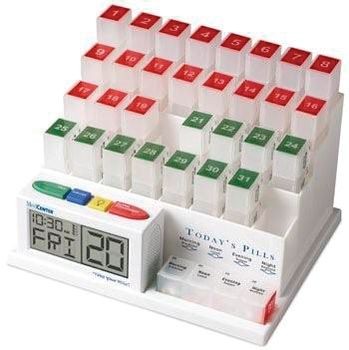
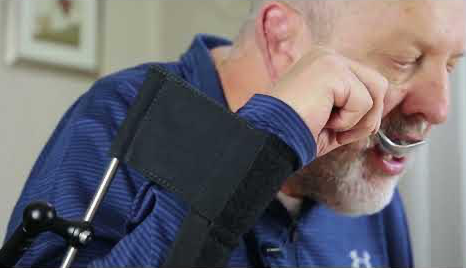
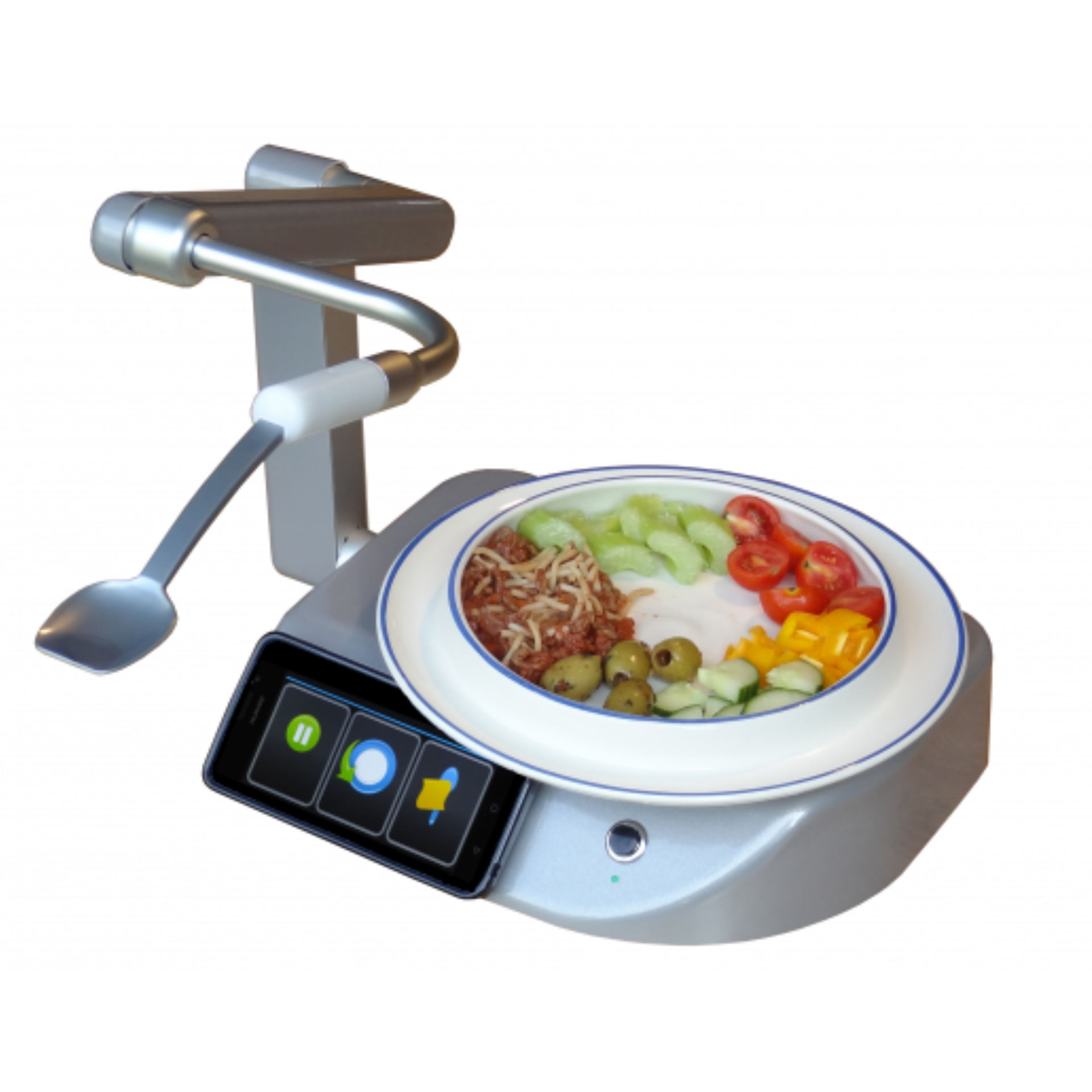
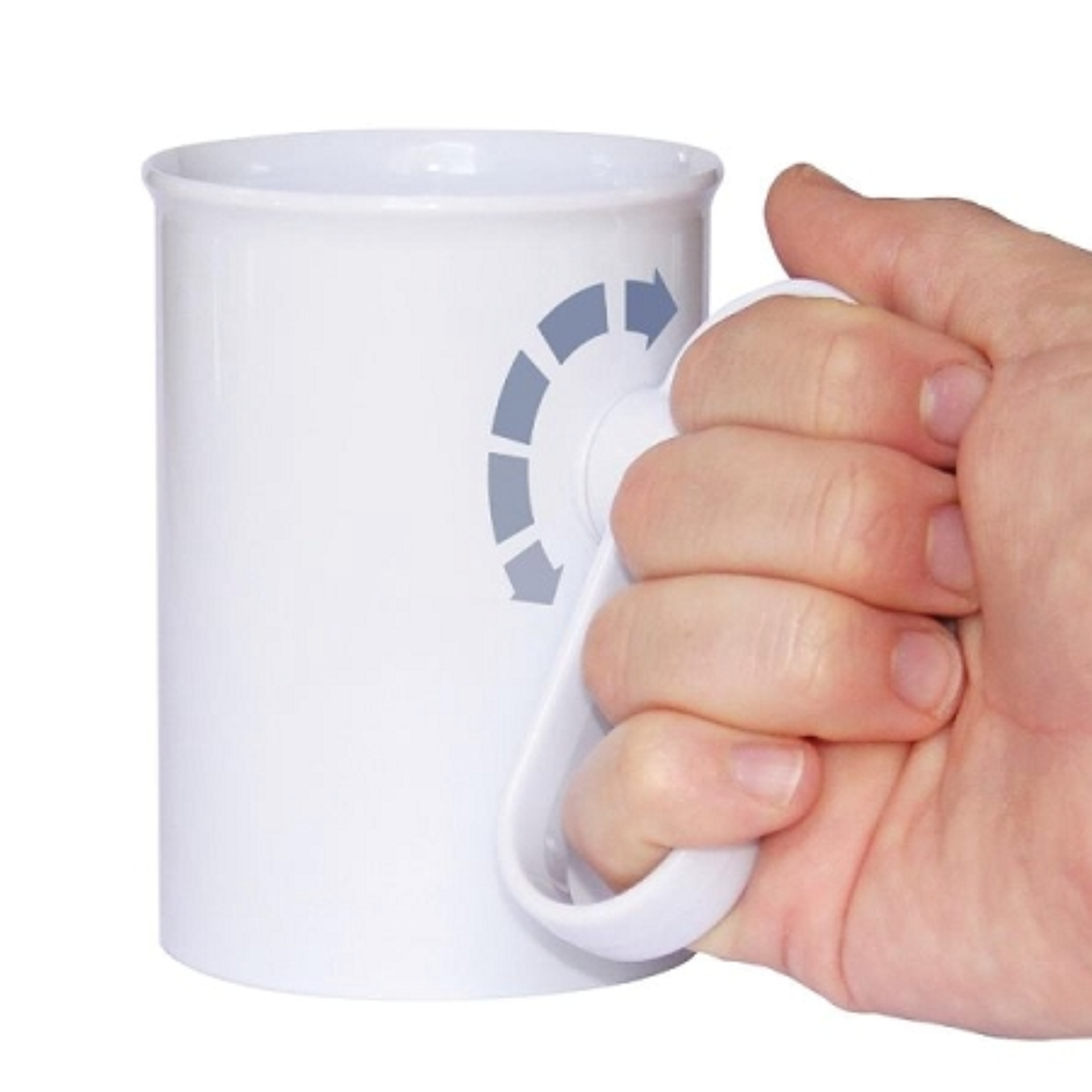

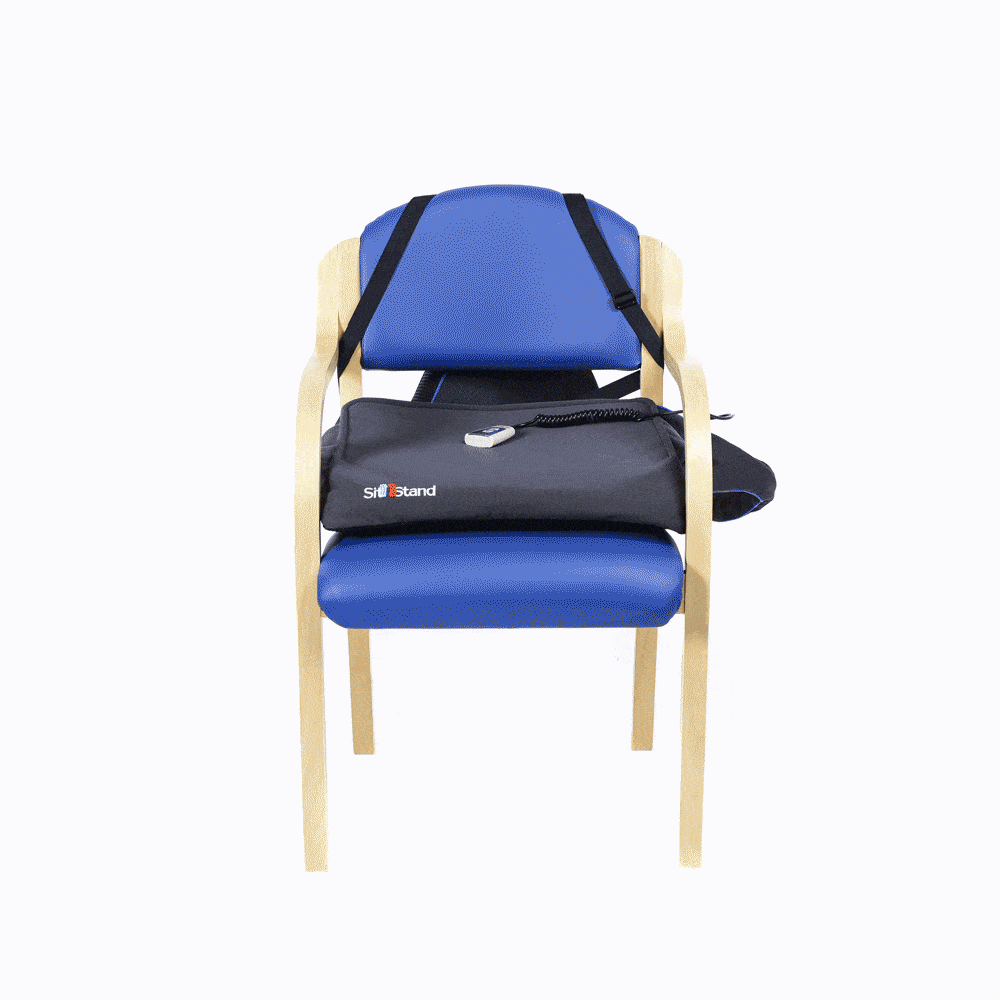
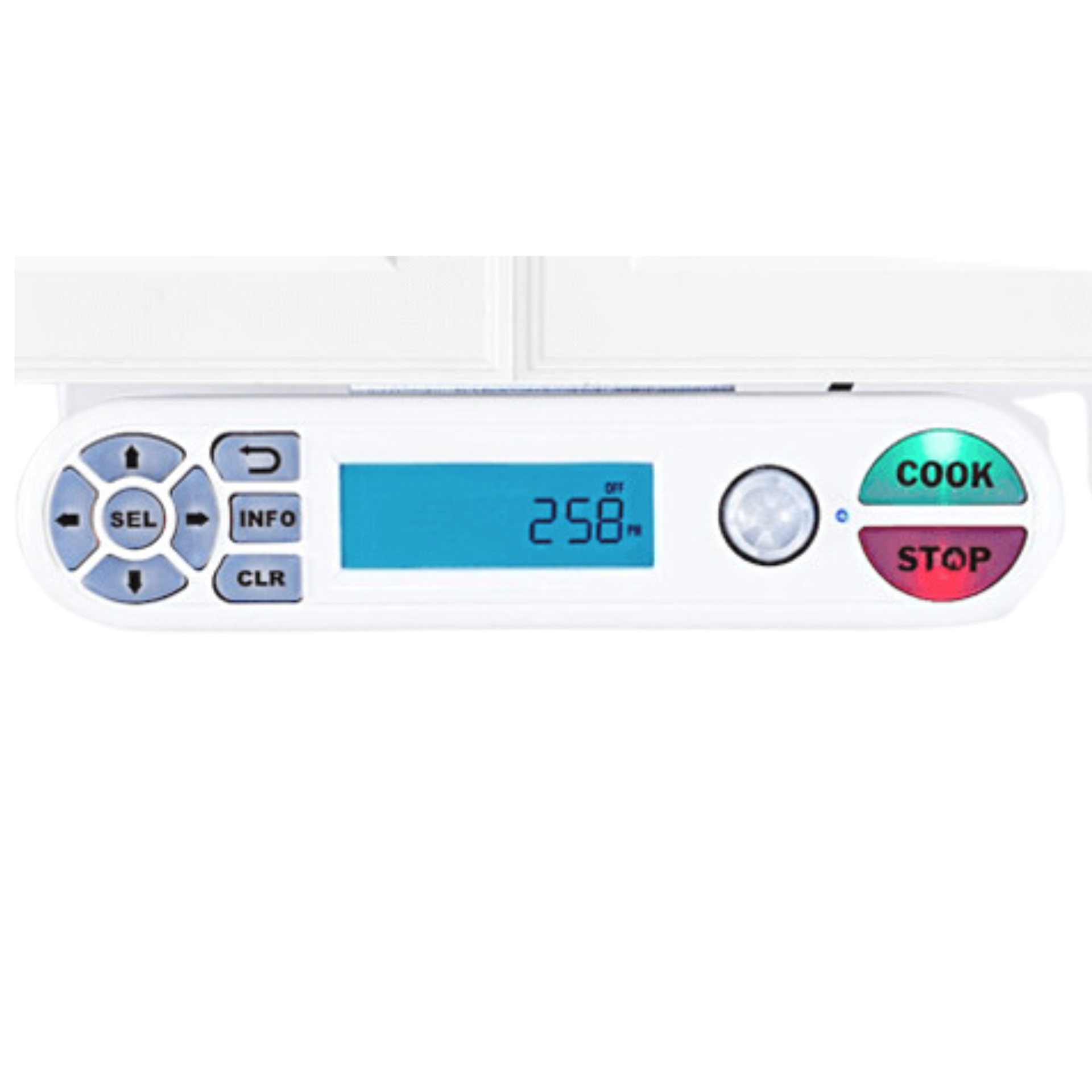
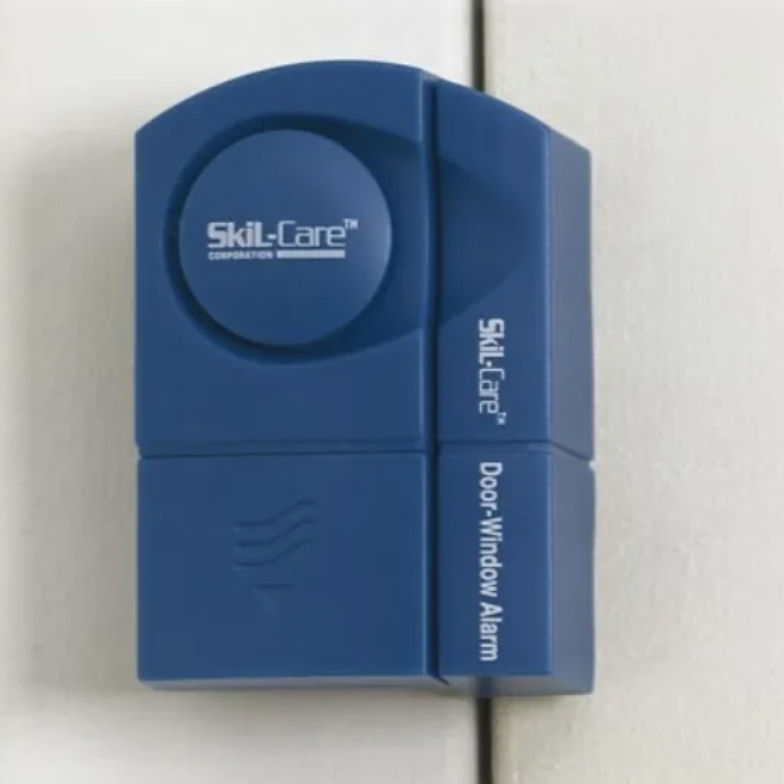
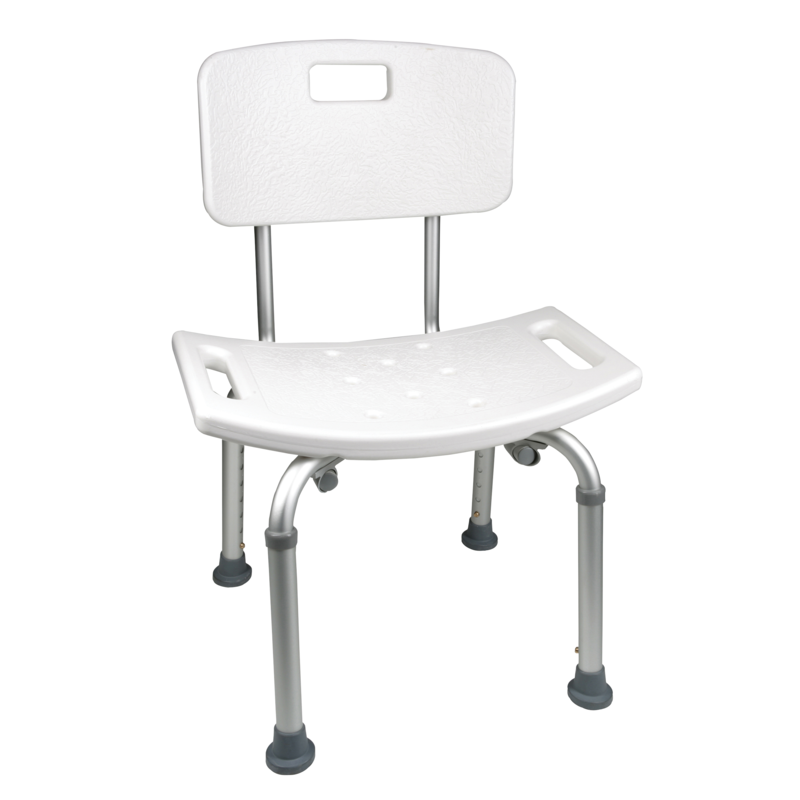
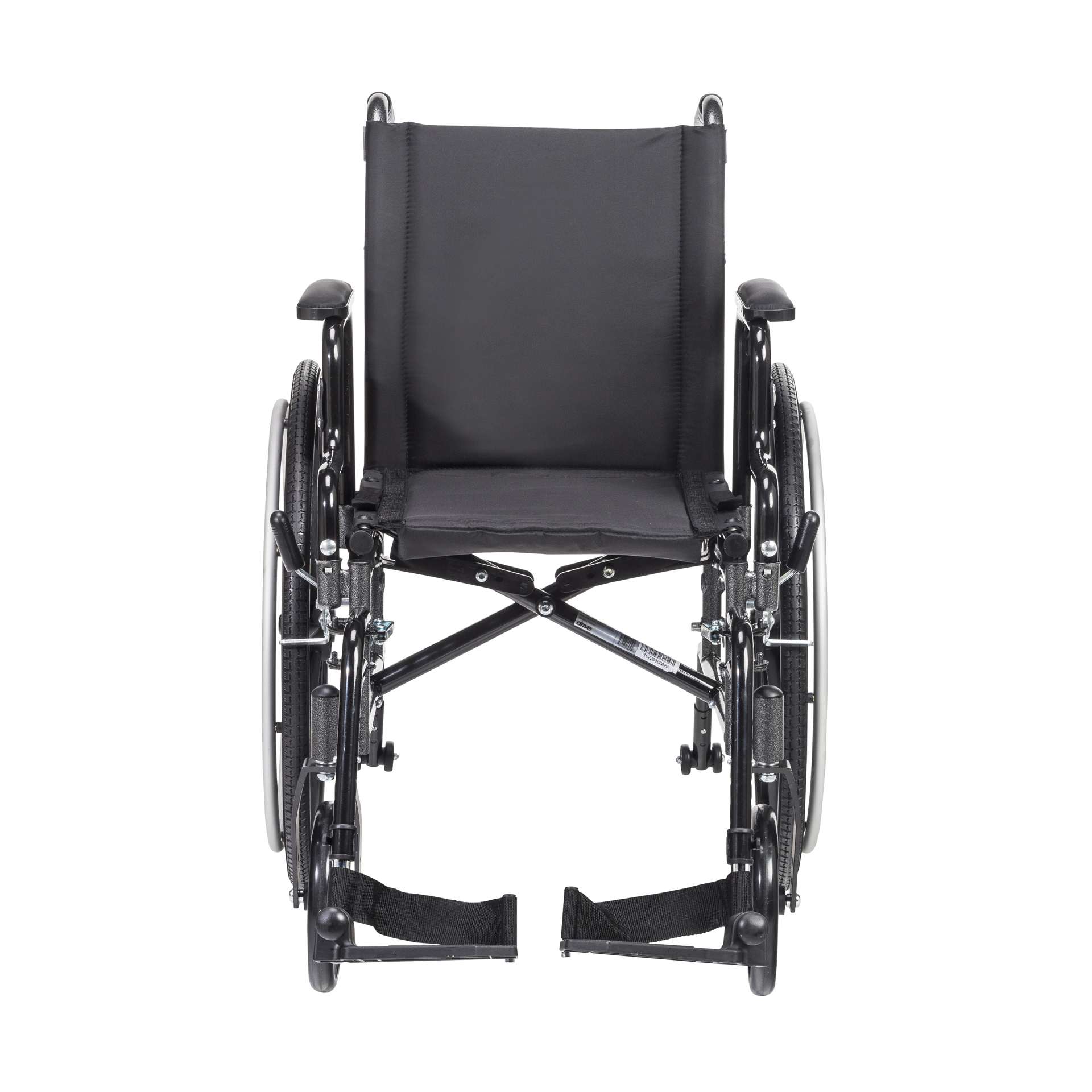
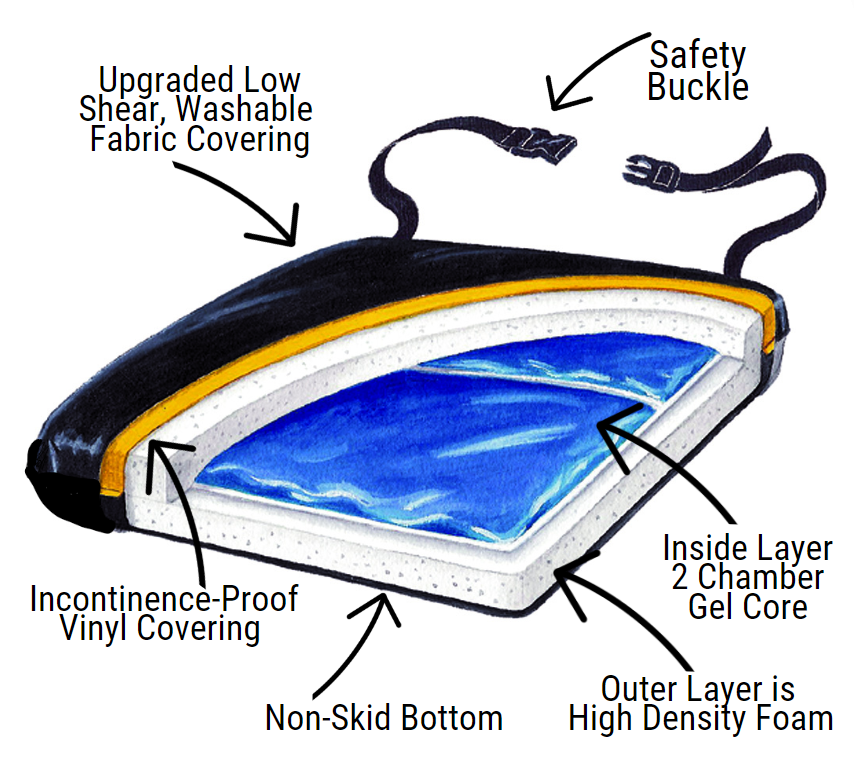
_810.jpeg)








